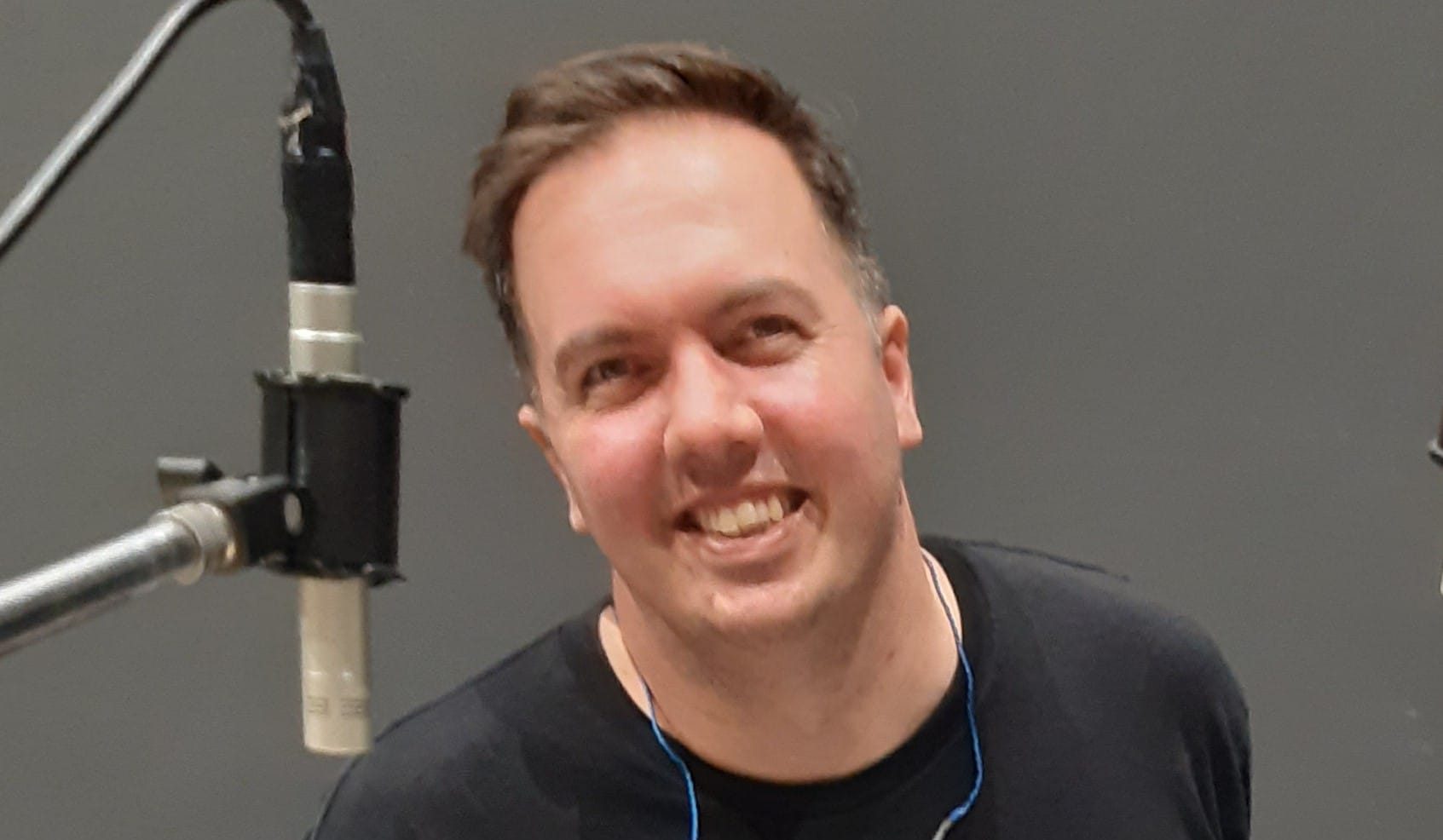Outside the Square
What’s it like to discover that you have ADHD as an adult? This happened to Simon Herbst last year. As part of his Bachelor of Arts in English and Psychology, Simon did a writing internship with SPELD NZ and agreed to share his journey.
“I was always a bit different. Other children would seemingly find it easy to stay on task whereas I would be thinking about anything instead of what I was supposed to.

“A pre-primary teacher advised my parents to send me to see a specialist when I was five. The specialist tested me and said I struggled to focus, and I would more than likely have learning difficulties. My first few years of primary school were a nightmare and only God helped me get through. The funny thing was that maths, science and anything creative (whether building something or creative writing) were areas I excelled in.
“My struggle carried on throughout my school years and into my first year at a predominantly Afrikaans university. Aside from struggling to stay focused, I had to listen to everything in my second language. I chose that university for its sports programme and ended up playing cricket for the province’s academy – but, as you can imagine, having ADHD and having to continually reset my brain and refocus on the next ball was a nightmare.
“I discovered I had ADHD when my wife and family motivated me to go back and finish my studies. Aside from majoring in psychology, which gave me insight into ADHD, I was also undergoing psychological treatment for a head trauma. The tests I underwent, along with what I was learning in my psychology papers, gave me clarity. I realised that I was neither abnormal nor alone, and I started to form a better understanding of myself. My wife (who is a community psychologist) was very supportive and understanding, and although my mind working this way was nothing new for me, this understanding has given me a new lease on life.
“In one of my psychology papers, the lecturer explained how people with ADHD have lower than normal numbers of dopamine transporters and how this leaves a deficit of dopamine in the brain. With these low dopamine levels, the body tries to stimulate dopamine production by moving, whether it be fidgeting, talking or moving around.
In my day-to-day life, I am never without a fidget cube and a pair of drumsticks and that’s OK
“In my personal experience I have had two places in my life where I have managed to focus and maintain a level of calm – behind a drumkit and in a swimming pool. I started playing the drums at 16. Drumming was one of the places where my mind would settle. This also happened when I was training for swim club. I later realised that this state of calm and focus was due to continuous movement and mental stimulation at the same time, increasing my dopamine levels.
“In my day-to-day life, I am never without a fidget cube and a pair of drumsticks and that’s OK; it’s part of who I am. The difference now is that I have strategies in place and being relatively new to this discovery, I am exploring my strengths as someone with ADHD – my creativity and being able to think ‘outside the square’ and enjoy experimentation. I’m happy to be me.”






